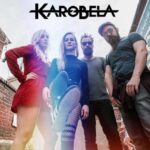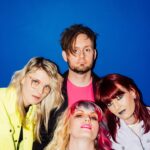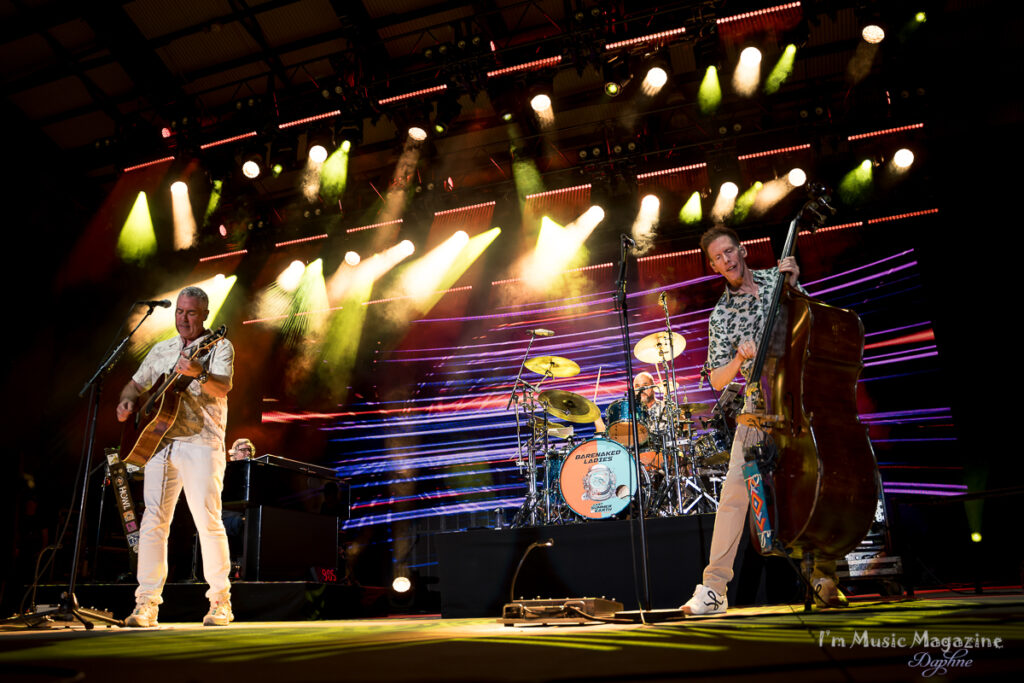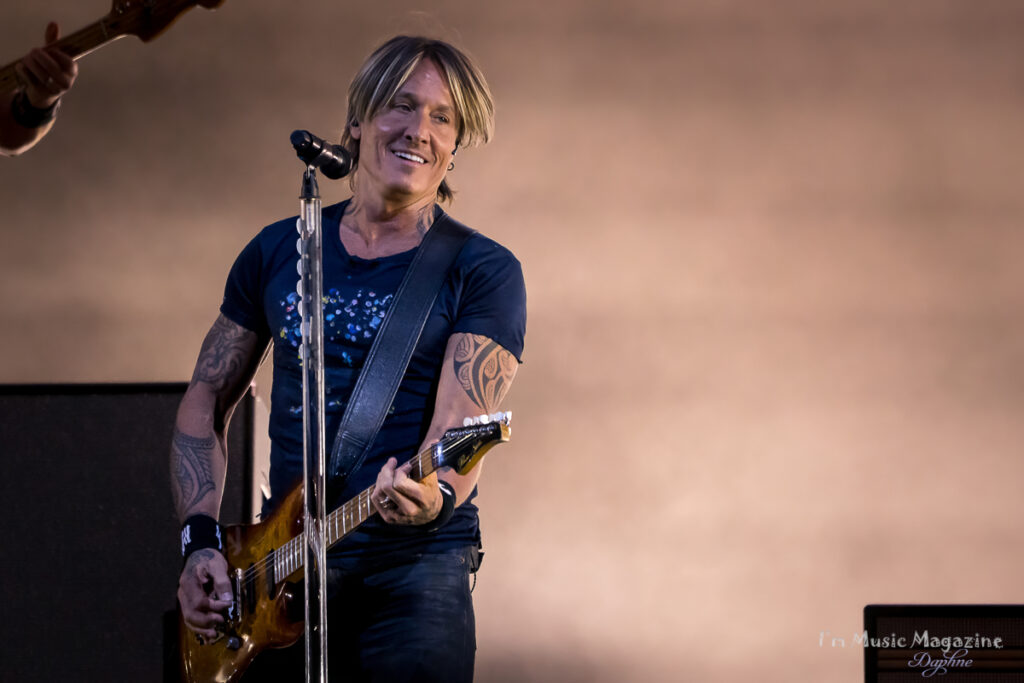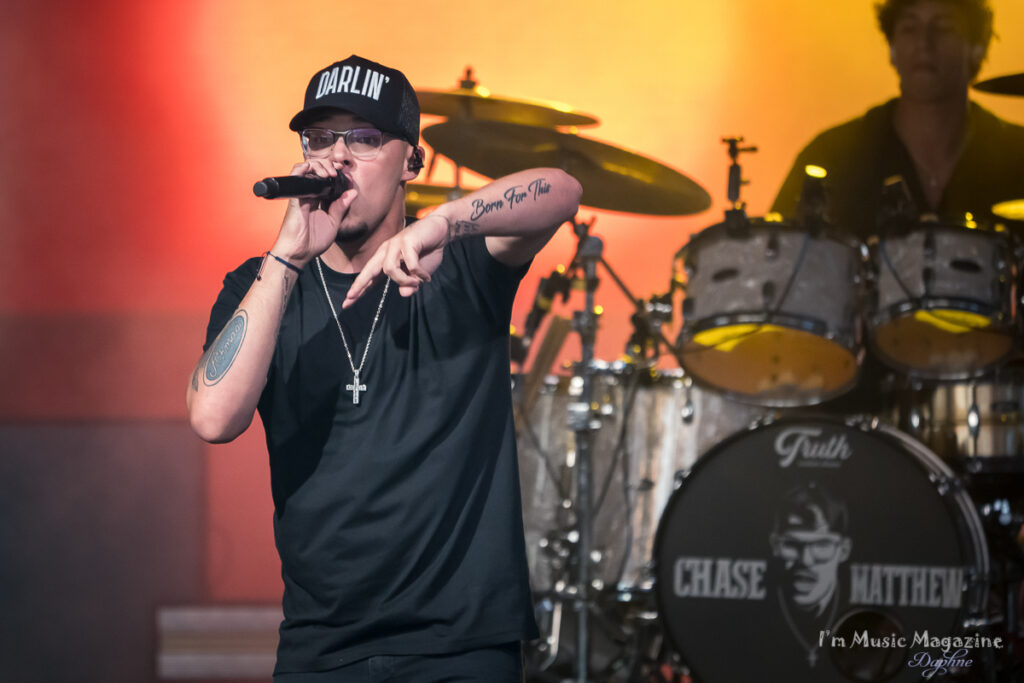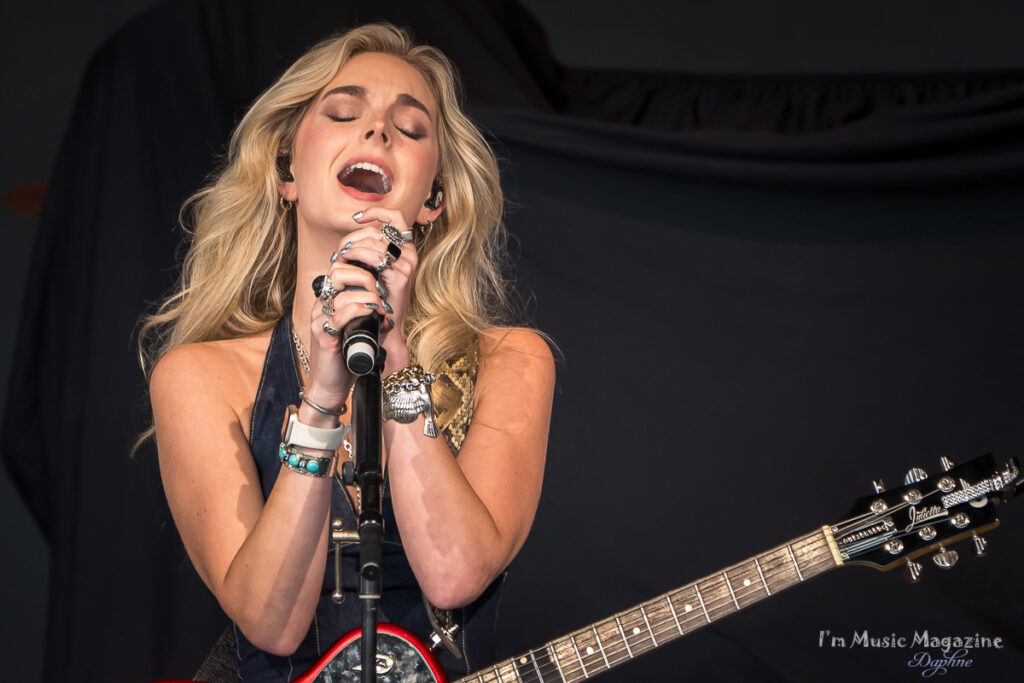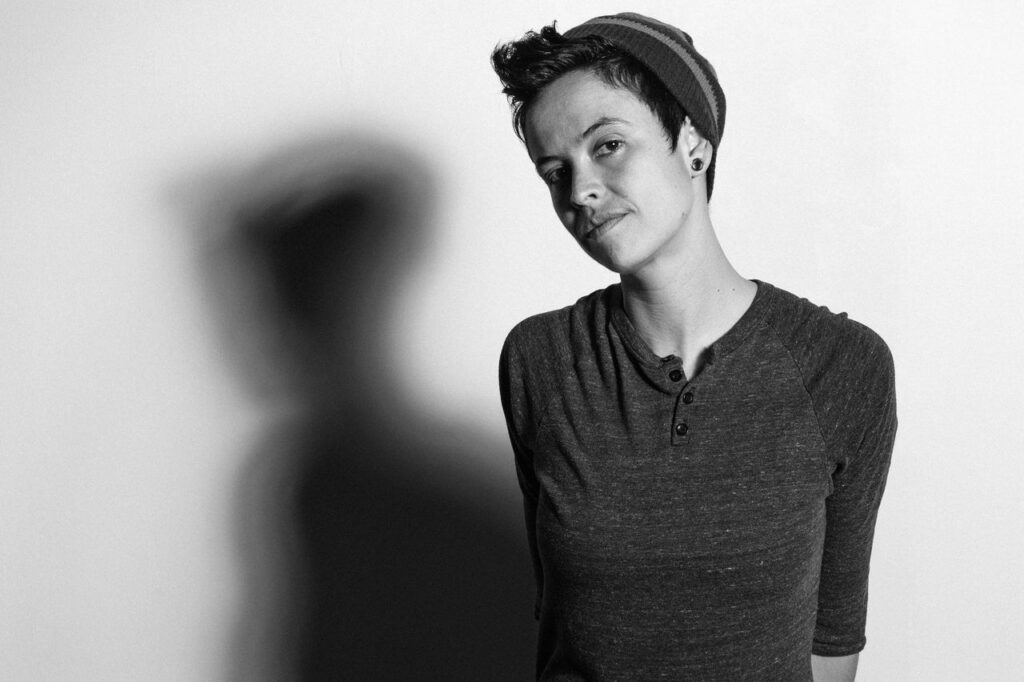
We get a ton of music here at the magazine and although it takes a lot of time, we listen to it all. It’s always a beautiful thing when someone’s album catches our attention for all of the right reasons. That certainly happened with Abby Posner’s new album Return. The lyrical content flows with a mix of beauty and the beast moments. The happiness and pain are so authentic and a stark contrast to so much stuff being manufactured today. The sonic arrangement of the beautiful and sometimes haunting strings matched against Posner’s piano accompaniment is quite powerful. When you combine the musical foundation with the lyrical layers and you have one of the most moving and compelling albums that we’ve heard this year.
Abby Posner has been a working musician in Los Angeles for the past 16 years. She is best known for her ability to play nearly any instrument that she can lay her hands on, twisting genres, and pushing the boundaries of folk and roots music. She definitely has a Prince like quality to her in many ways. If you have seen Abby perform live, you know she can play a mean lead-blues guitar solo, or throw down a complex Earl Scruggs banjo riff. You also may have spotted her playing drums, mandolin, or bass while using her looping pedal. In addition to her versatility, she puts passion and soul into everything she plays. In between scoring films, performing with her band Abby and the Myth and making this EP, she somehow managed to find time to sit down and talk to us.
This EP really caught me off guard and I wasn’t expecting for it to hit me so hard.
Abby Posner: That’s so sweet to hear and it means a lot to me. It makes me emotional and I really appreciate that very much. A huge reason why I make music is to make people feel good and hopefully have some sort of effect on them.
There’s a lot of style out there and a lack of substance so it’s so rewarding to hear something like this.
There’s so much out there right now. There are a lot of people doing very cool, innovative art and creating provocative art that is positive and good. There’s also music being made that’s more ego driven, but to each their own.
Step up to the mic and tell us who Abby Posner is.
Well, I grew up in a mountain town in Colorado and I started playing music when I was about six. Piano was my first instrument and it was never my main instrument or the instrument that I loved, but it was my gateway instrument to others that I fell in love with. Then, I became obsessed with music and I began writing at a very young age and learning a lot of different instruments. I moved out to California to study multi- instrumentation and composition at CalArts. After that, I immediately began working teaching music. I think a lot of musicians earn a weekly income by teaching. I also started getting a lot of gigs and other jobs in the industry like scoring films or playing and touring with other artists. I decided I was going to commit my life to music fully and wear a lot of hats. That’s kind of what you have to do to survive in LA. I started trying on all of the different hats and seeing which ones fit. I’ve always loved pushing myself to do new things.
You’ve been doing this for a while now.
I moved out to LA in 2002 and then graduated in ’06, so I’ve been actively working since 2006.
I read in your bio that you started playing when you were six. Was it hard for your parents to keep up with your musical hunger?
My parents have always been supportive of me as an artist and my curiosity as an individual. They are artists themselves and they always had music on in the house. I think that was one of the main things that got into my bones. The living room always had sound. It had jazz, classical, folk and more kind of streaming in the air. I think that did somehow influence me as a baby. My parents were music lovers, but they were never musicians.
High school years can be a tough time for so many people. Did your uniqueness and love for music ever make school awkward? Did you ever get picked on because of it?
I was so fortunate because I went to a very unique school from the time I was in the 4th grade until the 12th grade called Jefferson County Open School. My dad worked at the school and taught there. Students could explore the arts and find their true passion in life. I was never picked on for being a musician. I was always celebrated for being an artist. I think the thing that I did struggle with was growing up and coming out in the 90s. It’s kind of one of those things where it doesn’t matter what progressive bubble you’re in. I was very fortunate because my parents were always supportive of me being gay, but it was new for everybody. I felt like the lost sheep in all of my friends groups. I definitely had a lot of friends and I hung out with a lot of different types of people in high school. Yet, I always internally felt different like I didn’t belong. I felt like I had to keep that part of me a secret for a long time.
That had to be tough to do.
Yeah and it was a different time. People were processing kids coming out and it was a very different way in the 90s. Now it’s not as much of a big deal, but back then it was.
Accepted, yet shunned at the same time.
Yeah, I was shunned and ignored and I felt very alone in the town that I grew up in. I felt very supported by my friends and my peers at school so it was an interesting thing. Having crushes on girls in high school and being a girl at that time was deeply uncomfortable, so I carried a lot of shame
Did that uncomfortable lack of balance have an effect on your writing?
Oh definitely; I started writing when I was young. I even set up this little recording space in my basement where I had my little eight track recorder. I would have my drums, keyboards, bass and my guitar. I would write and record punk driven songs because that was what I was listening to. It felt emotional to me even though it wasn’t about coming out. Sometimes it was very much the opposite of that. It felt like I could connect with it in my own way, so that was the style of music that I was writing. Then, that kind of shifted into more acoustic and folk based music in my 20s.
Why did you initially start writing?
It was something I felt I had to do. It wasn’t even at the time a question, it just naturally happened. At first it started as a very self-soothing thing and it just felt right for me. I was drawn to the instruments and I picked them up rather fast. I was also pretty natural right off the bat at recording and producing. It just felt like walking and breathing to me. It wasn’t even like something that I thought about. It was just something that I had to do.
This EP is so beautiful, yet you can feel the pain as well. Do you think it would have been the same EP if you didn’t record on the piano?
That is such a good question and no, it would not. This whole EP and every little step of the way, every little seasoning was planted in a specific way. I really wanted to work with strings, but I had never really worked with an orchestrated group of string players. Practicing with them was very intentional so that we could create a live sound rather than just go into a studio with several different tracks and comp and slice like most records are made. Most records are made where someone comes in and tracks 30 different takes of cello and you Frankenstein it together. I’ve done that several times and I love doing that but that’s not really what I wanted. I wanted to be afraid. I wanted to push myself and I didn’t want it to be over produced. I want us to be in a room and capture the moment. I wanted it to very natural and organic.

I think wanting to feel afraid is a good thing. I think it’s necessary for an artist to push themselves or be pushed out of their comfort zone.
Yes, you have to in order to grow. It’s something that I’ve actually been saying a lot lately in my live performances. I don’t want to say lack of preparation, but onstage I like to improvise a lot. I like to play with different ideas in the moment because it makes me feel present and alive. If I’m just doing the same thing, whether banter in between the songs or the same notes in my solos, it makes it feel stagnant and not moving forward. In the moment, it makes me feel alive when I’m with my other project Abby and the Myth. I love just throwing it out there like ‘let’s do another ending.’ They know that about me and sometimes it freaks out my band, but it’s playful. I like to feel scared onstage or what’s the point?
Was it tough to make such a personal EP?
It was really hard for me. It was hard on a lot of levels because it dug up a lot of old stuff for me. Such as, going back to the piano and remembering why I had such a hard time with it. I used to beat myself up wishing that I was better at it. I remember at a young age having to take classical piano lessons and I hated it so much. I was never a great sight reader. I wanted to create and do something new rather than play music that was already written. I brought a punk song that I listened to constantly as a kid back to life and rearranged it and flipped it on its head. That brought back a lot too because I hadn’t really listened to that song in a very long time. It brought me back to those days of being in high school, having crushes on girls and not knowing what to do about it. On top of that, I was also writing music about very deeply personal material involving society, breakups and change. I went through a year where I had moved out of a place that I had been in for a very long time. My parents were sick and I had to take care of them. I lost pets that were like my best friends. So, it was a lot back to back and then I wrote this about all of the crazy changes that I had.
That’s a lot to squeeze into four songs
That’s really true.
I hear traces of different music and possibly people throughout this EP, but it’s tough to really put my finger on it. I do think that’s a good thing. Who did you cut your teeth on in your early years?
All of the music that I loved as a kid was punk. It was underground punk, hardcore punk and ska. That’s what I grew up on. I also love poetry and I love Emily Dickinson. I took an Emily Dickinson class when I was in high school and she influenced me as well. Those are the first memories of ‘yeah, this music makes me feel alive’ or ‘yeah, this poetry makes me feel alive.’ Then, I started to really appreciate the music that my dad loved like blues, soul, gospel, folk and more roots oriented. I started to digest that more as an adult, so it was all a sort of progression. I started out with punk, then indie folk and then really listening to everything. Also, stuff like funk, bluegrass, the older stuff that paved the way for the newer artists.
I told a friend who asked who you were that you paint with a lot of colors on your musical palette.
I love that!
What about your anxiety? Did that affect your writing or playing live?
I started thinking about a lot while you were talking about it. To be honest, from a very, very early age, I think that I was a very sensitive, shy and quiet kid. I am an only child so I had to entertain myself. Being alone was kind of the norm for me and I was used to that. I have certain memories of myself as a kid and just knowing that I liked being alone in my little studio, tracking on my 8 track. That’s when I felt the most comfortable. I have this memory of going to school, even as early as kindergarten, where I knew that I was different and knowing that I needed to survive. Socially, at a young age, I knew that I had to somehow fit in or I would have been a complete outcast. I learned how to get along with a lot of different types of people. I knew that I had a choice. I could either completely isolate myself or disappear in my art or I could learn how to get along with people. I definitely remember that moment of going ‘there are people in the world and you might be scared, shy and afraid. You may want to hide in your art, but you have to learn how to survive in this world.’ Honestly, even just saying that kind of makes me feel emotional.
So, this is a solo EP and completely separate from Abby and the Myth?
This EP is definitely my songs, but the people that I collaborated with, the string trio The Queertet; are very much a part of the project. We spent about a year arranging the strings together, practicing and getting it really tight. I feel that their voices, meaning their strings, are as important as my voice and my writing. So, it’s a solo EP but it’s highlighting their incredible skills. So, I wanted to take break from the bluegrass and folk influence and just make music that was music. I may not know which box this belongs in.
So, is there anything music wise on the horizon for Abby and the Myth?
Yes, we’re going to have a new record out in 2020, but I’m not sure exactly when. We have four songs recorded and we’ll be releasing a single close to the beginning of the year. The new record in 2020 will be a full length.
Wow, you have a lot going on right now.
Yeah! I’m in the middle of scoring a documentary as well!
When do you sleep?
That’s a good question. My best friend always says that I need to rest more. I try to self-care myself. I try to give myself days where I can just be in my pjs and relax. I’m the kind of person that feels really alive and happy when I’m moving, creating and doing something. So, I like to stay very busy and I think that’s part of the anxiety thing. It actually soothes my anxiety to feel like I’m busy.
It sounds like unplugging is a really tough thing to do, no matter how bad you need it.
Oh yeah, it’s incredibly tough because when I do I feel anxious. Then, I feel untethered so I feel like I have to be doing something outside of myself to feel like I’m grounded.
We ran out of time and our interview ended on that note as, shocker, she was on her way to work on a new project.
By I’m Music Magazine Owner/Editor Johnny Price
Get your copy of Return at Bandcamp: https://abbyposner.bandcamp.com/releases


